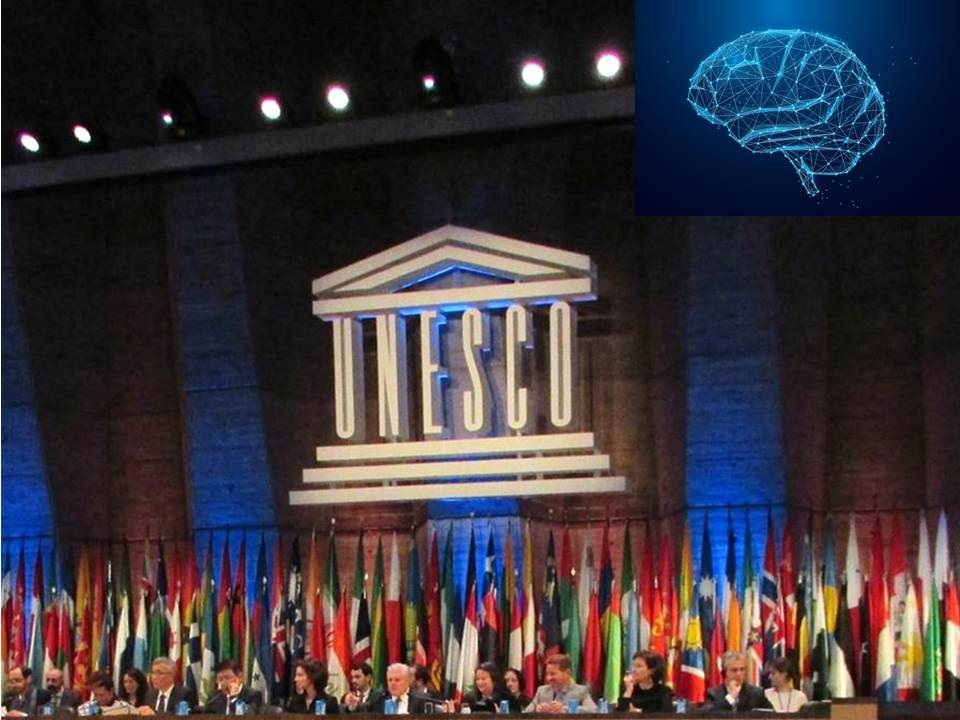With the appointment of 24 experts from various countries, the general director of the multilateral entity, Audrey Azoulay, activated the team in charge of promoting the project, a group that has already met for the first time in this capital, in a meeting that will last throughout the current week.
“Neurotechnology could help solve many health problems, but it could also threaten our rights to human dignity, freedom of thought and privacy,” Azoulay warned.
According to the general director, this scenario explains the urgency of establishing a common ethical framework on an international scale, a tool similar to the one created at the end of 2021 to promote ethics in artificial intelligence.
There cannot be neurotechnological data without neurotechnological rights,” she stated.
In the last three years, UNESCO has expressed concern about the threats that the branch of research to analyze and influence the brain represents, particularly with the recent integration of generative artificial intelligence into research.
A report from UNESCO’s International Bioethics Committee addressed some of these concerns in 2021, including those related to brain integrity and personal identity.
The organization’s objective is for the international community to have the ethical framework for the development of neurotechnology in November 2025, with the approval of its 194 member states.
Among the experts on the team appointed by Azoulay are professionals specialized in neuroscience, psychology, neurotechnology, artificial intelligence, brain-machine interface, ethics and bioethics.
UNESCO highlighted that the group is made up of people from all regions of the world and with diverse cultural origins.
ef/ro/wmr










